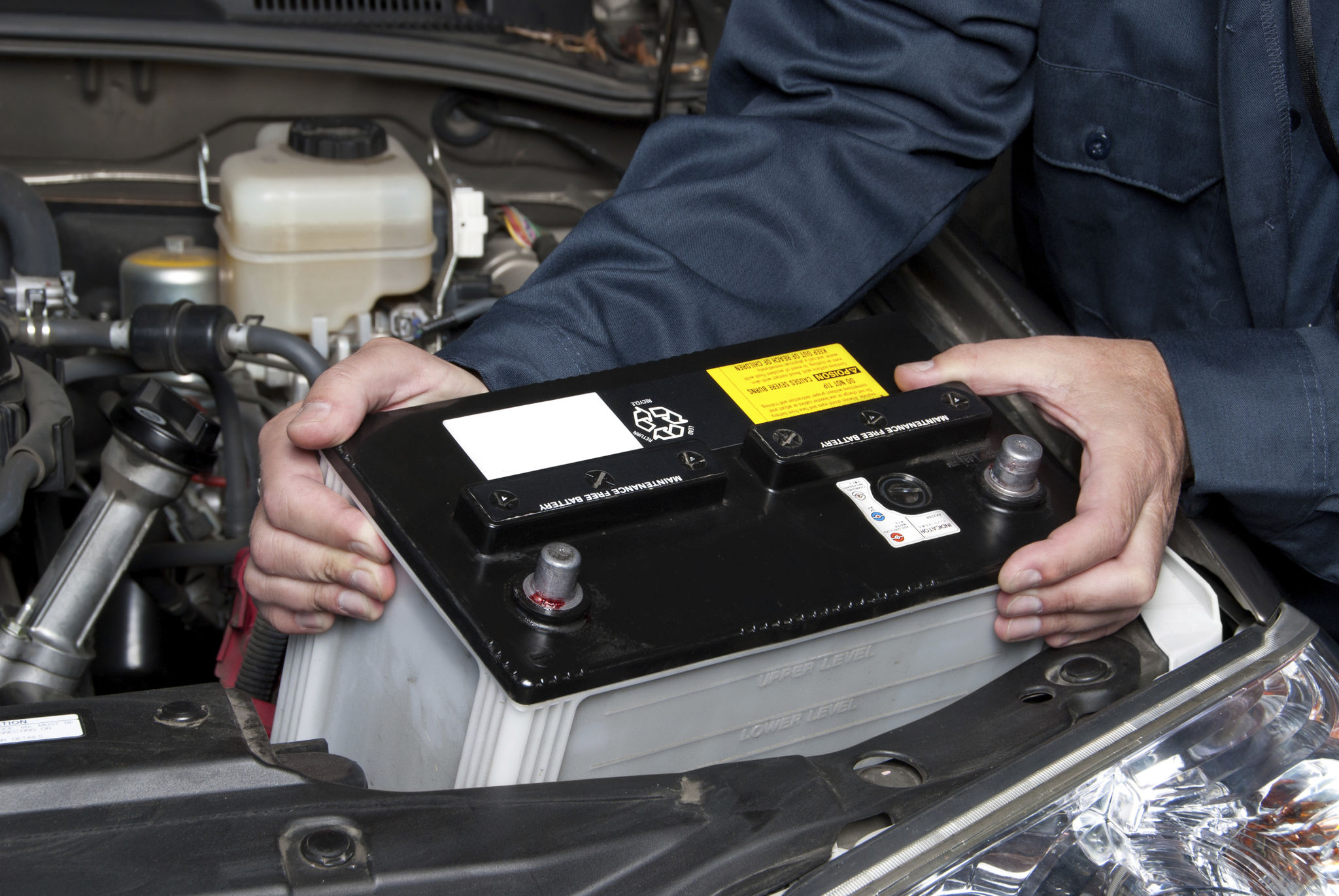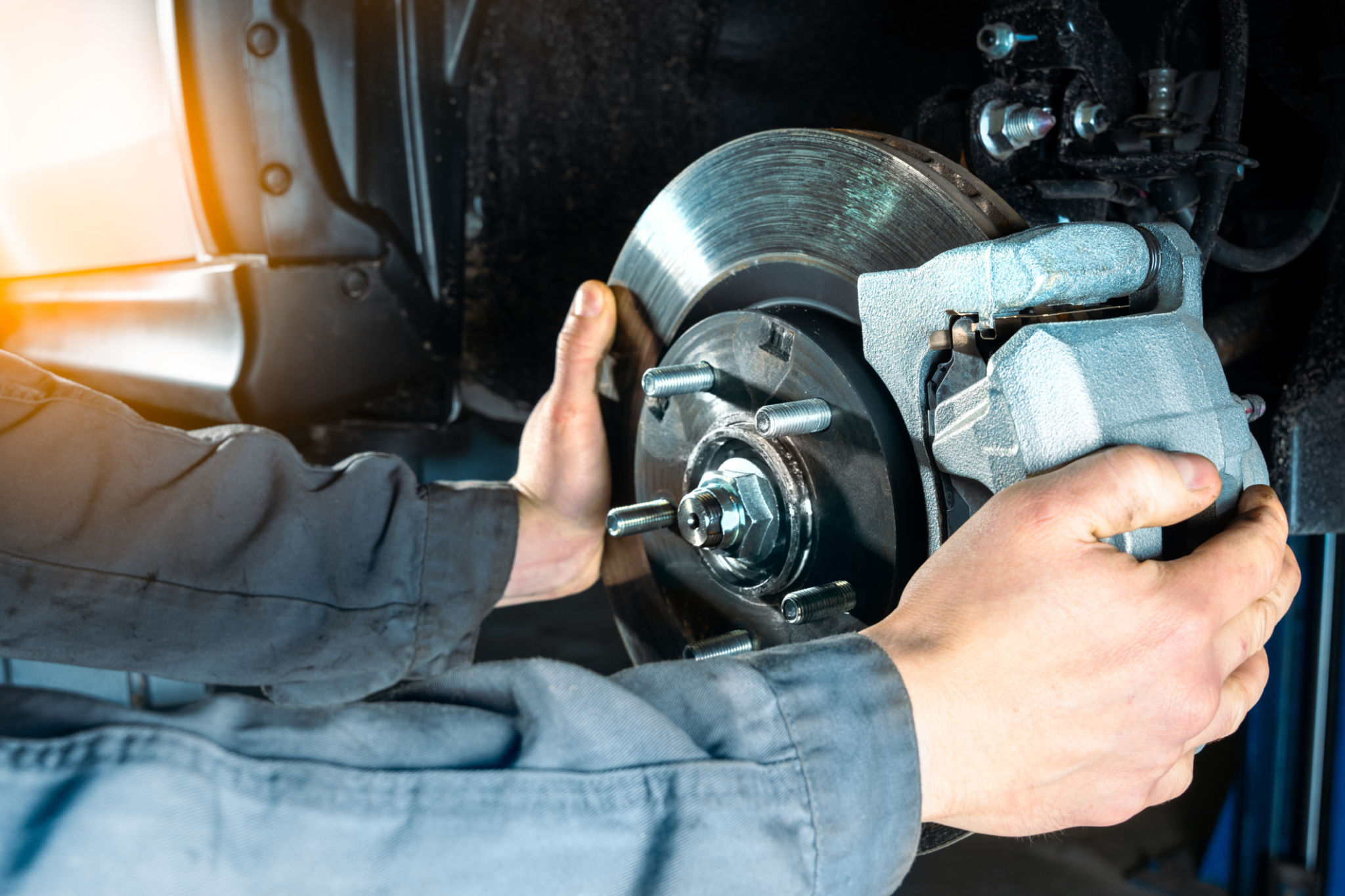Preparing Your European Car for Costa Rica’s Rainy Season
Understanding the Challenges of the Rainy Season
Costa Rica's rainy season, typically spanning from May to November, can be quite demanding for vehicles, especially European cars designed for different climates. The heavy downpours, humid conditions, and sometimes challenging road surfaces require specific preparations to ensure your vehicle remains in optimal condition.
Driving through flooded streets and dealing with constant moisture can affect various components of your car, from the electrical system to the tires. Preparing your European car for these conditions is crucial to avoid unexpected breakdowns and ensure safety.

Checking and Maintaining the Electrical System
European cars often come with advanced electrical systems that may be sensitive to moisture. It's important to inspect all electrical components before the rainy season. Ensure that all connections are secure and that there are no exposed wires that could short-circuit in wet conditions.
Additionally, test your car's lights, including headlights, taillights, and indicators, to confirm they are functioning correctly. Good visibility is essential during heavy rain, so replace any faulty bulbs immediately.
Protecting the Battery
The battery is another critical component vulnerable to the effects of moisture. Check the battery terminals for corrosion and clean them if necessary. Moisture can lead to quicker deterioration of the battery, so consider using a battery terminal protector or an anti-corrosion spray to prolong its life.

Ensuring Optimal Tire Performance
Tires play a vital role in maintaining grip on wet and slippery roads. Inspect your tires for adequate tread depth and even wear. If the tread is worn down, it's time to invest in new tires that are designed for wet conditions. Properly inflated tires also help improve fuel efficiency and handling in the rain.
Consider switching to all-weather or rain-specific tires if you frequently drive in heavy rain. These tires have better water dispersion capabilities, reducing the risk of hydroplaning.
Checking the Braking System
Your car’s braking system must be in top condition during the rainy season. Inspect brake pads and rotors for wear and replace them if necessary. Wet conditions can extend braking distances, so having a responsive braking system is crucial for safety.

Protecting the Bodywork and Interior
The bodywork of your European car can suffer from exposure to constant rain. Applying a high-quality wax or sealant can help protect the paint and prevent rust. It creates a barrier against moisture and keeps your car looking pristine despite the weather challenges.
For the interior, use waterproof floor mats to protect against mud and water brought in by passengers. Regularly clean and condition leather seats to prevent mildew and keep them looking fresh despite the humidity.
Maintaining Windshield Clarity
Ensure your windshield wipers are in good condition and replace them if they leave streaks. Consider using a rain repellent on your windshield to improve visibility during heavy rains. Keeping your windshield clear is crucial for safe driving.

